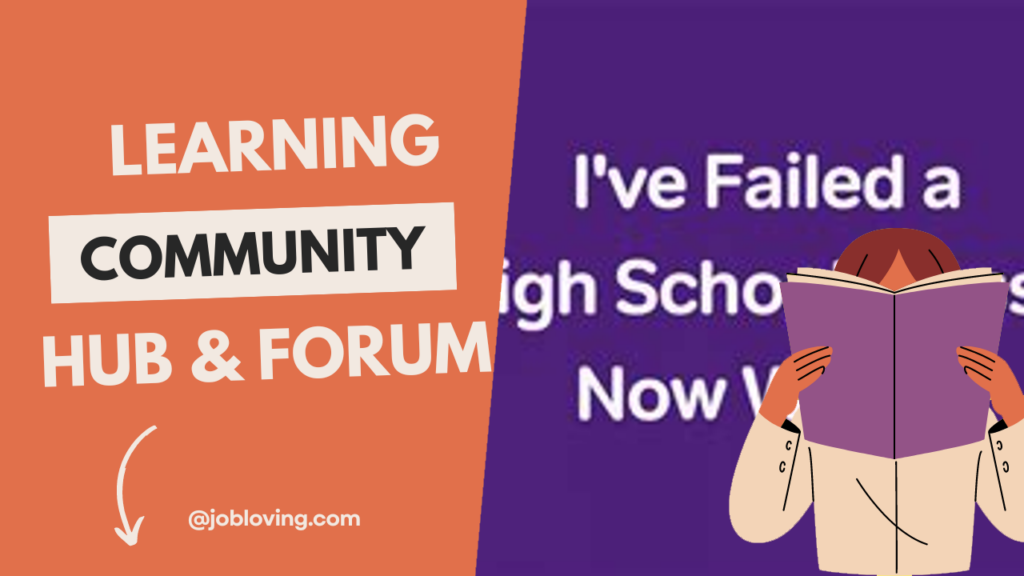Have you ever wondered why some high school classes seemingly bring students to their knees? Among the many subjects tackled during those tumultuous teenage years, one stands out for its infamous reputation of being the toughest: math, specifically algebra. For a lot of students, the struggle is real, and for many, it leads to a failure rate that would make even the most optimistic parent cringe.
The Short Answer: Algebra I is the most failed high school class.
Algebra I holds the title of the most failed high school class in America. Many students encounter overwhelming difficulties in grasping basic algebraic concepts, leading to a high rate of failure. It’s not just a simple hurdle; it’s like a massive wall that keeps knocking them back every time they try to scale it.
Delving further into this academic crisis, it becomes apparent that while some students flourish and breeze through to calculus, the majority find themselves lost in a world of variables and equations that just don’t seem to add up. Numerous studies and statistics point to Algebra I as a major stumbling block for students nationwide, often serving as a barrier to progressing in their math education. The fear of math can lead to negative self-perceptions and can affect overall confidence and performance in school.
The consequences of failing Algebra I extend beyond just a grade. This foundational class is critical in a student’s academic journey, often setting the tone for future math and science courses. It becomes a pivotal point where students either build confidence and skills or face significant challenges that can affect their educational trajectories.
If you’re navigating the labyrinth of high school classes and finding yourself struggling, don’t fret—you’re not alone! For more tips and resources, consider joining the JobLoving community, where you can discover additional support and insights. If you have any questions or need guidance, we’re all ears!
Key takeaways about What is the most failed high school class?
Impact and Challenges of Failing Algebra
- Algebra is the most frequently failed high school class, impacting students’ future opportunities significantly.
- Students failing Algebra 1 face only a one in five chance of graduating high school.
- Black, Latino, and low-income students are disproportionately affected by failing Algebra 1 courses.
- COVID-19 disruptions have heightened academic challenges for students struggling with Algebra and other subjects.
- Algebra I has the highest failure rates among high school courses, often reaching 20-40% in districts.
- The pace and complexity of Algebra I can overwhelm students who already struggle with mathematics concepts.
- Limited resources in school districts contribute to high failure rates in Algebra I for struggling students.
- Many students struggle with Algebra I due to its abstract reasoning requirements beyond basic arithmetic skills.
- Prerequisite math skills gaps, like fractions and decimals, significantly hinder students’ success in Algebra I.
- Individual teacher effectiveness can greatly influence failure rates in Algebra I and other math courses.
Role of Innovative Educational Solutions
- Innovative solutions are being developed to make Algebra more engaging and relatable for students.
- Zearn Math curriculum aims to prepare middle schoolers for Algebra 1 through interactive learning experiences.
- Mastory’s storyline games help students connect Algebra to real-world problem-solving in an engaging way.
- Rhode Island’s Algebra Readiness Course targets multilingual learners, improving math readiness through real-world examples.
- Effective teacher training is critical for supporting students, especially those from diverse linguistic backgrounds.
- Over 400 proposals were submitted globally to improve student success in Algebra through innovative methods.
- The Gates Foundation’s Grand Challenge aims to revolutionize how Algebra is taught and perceived.
- Engaging students emotionally with math can shift perceptions, making Algebra enjoyable rather than intimidating.
- Enhancing Algebra education can foster critical thinking and abstract reasoning in students for future success.
Perceptions and Relevance of High School Math
- Many students find high school math, particularly Algebra, unnecessary for their future academic or career paths.
- Students not pursuing math-intensive majors often feel high school math lacks practical application in their lives.
- The curriculum often overlooks practical life skills like tax preparation, which students deem more useful than algebra.
- A common sentiment is that high school math fails to engage students in relevant, real-world applications.
- The perception of high school math as a waste of time is prevalent among non-STEM students.
- High school math courses often introduce concepts that feel irrelevant to students’ personal interests and studies.
- Students express frustration over being assessed on concepts they perceive as impractical for daily life.
- The quote about fish and trees reflects the disconnect students feel with certain educational expectations.
Pedagogical Considerations and Student Support
- Teaching methods play a significant role in student understanding and success rates in math subjects.
- Educational interventions are crucial in addressing high failure rates and supporting struggling math students effectively.
- The transition from middle school to high school math can be daunting without adequate support systems.
- Lower-level math classes, like Algebra 1a, typically experience higher failure rates than advanced courses like calculus.
- Geometry and Algebra II also exhibit elevated failure rates compared to other high school subjects overall.
- Algebra’s complexity often stems from abstract concepts that require creative problem-solving skills to master.

